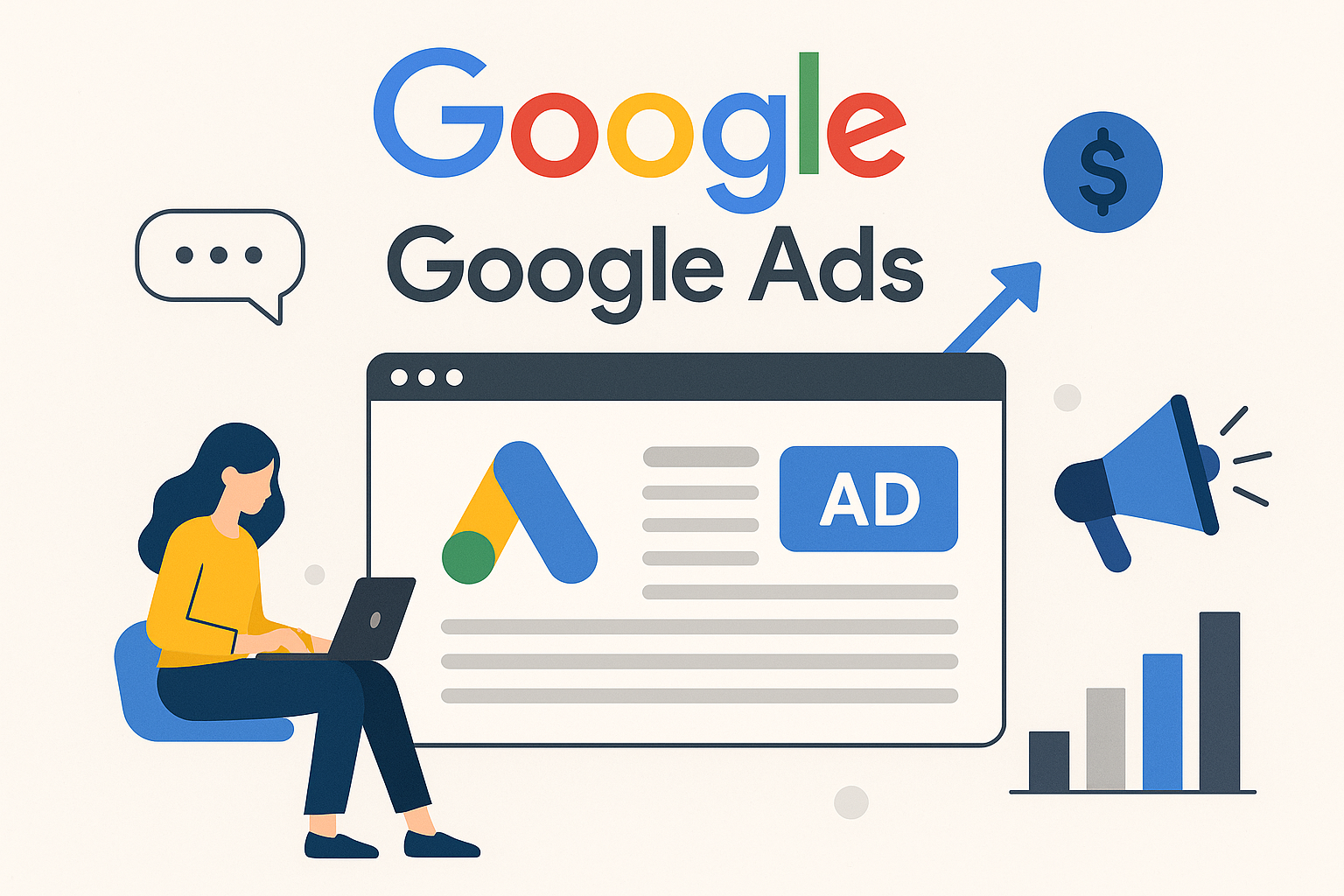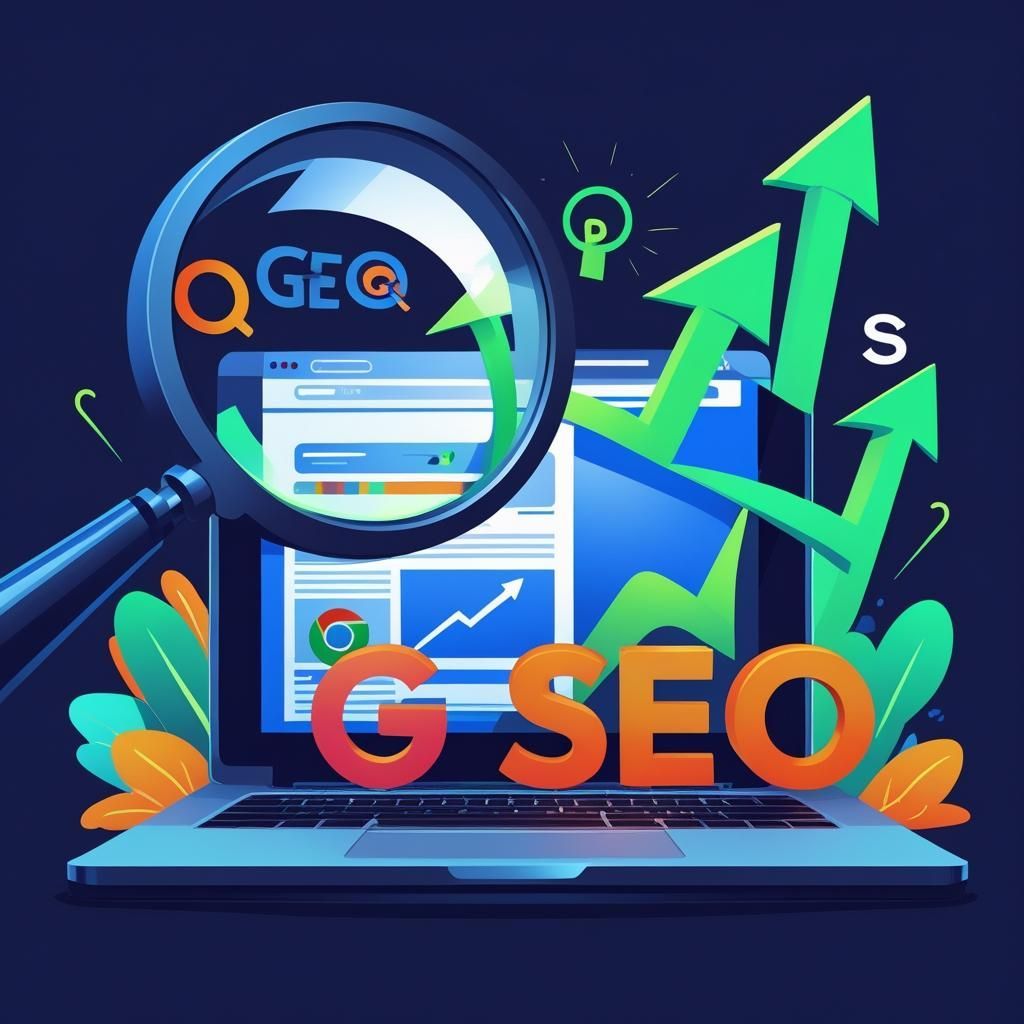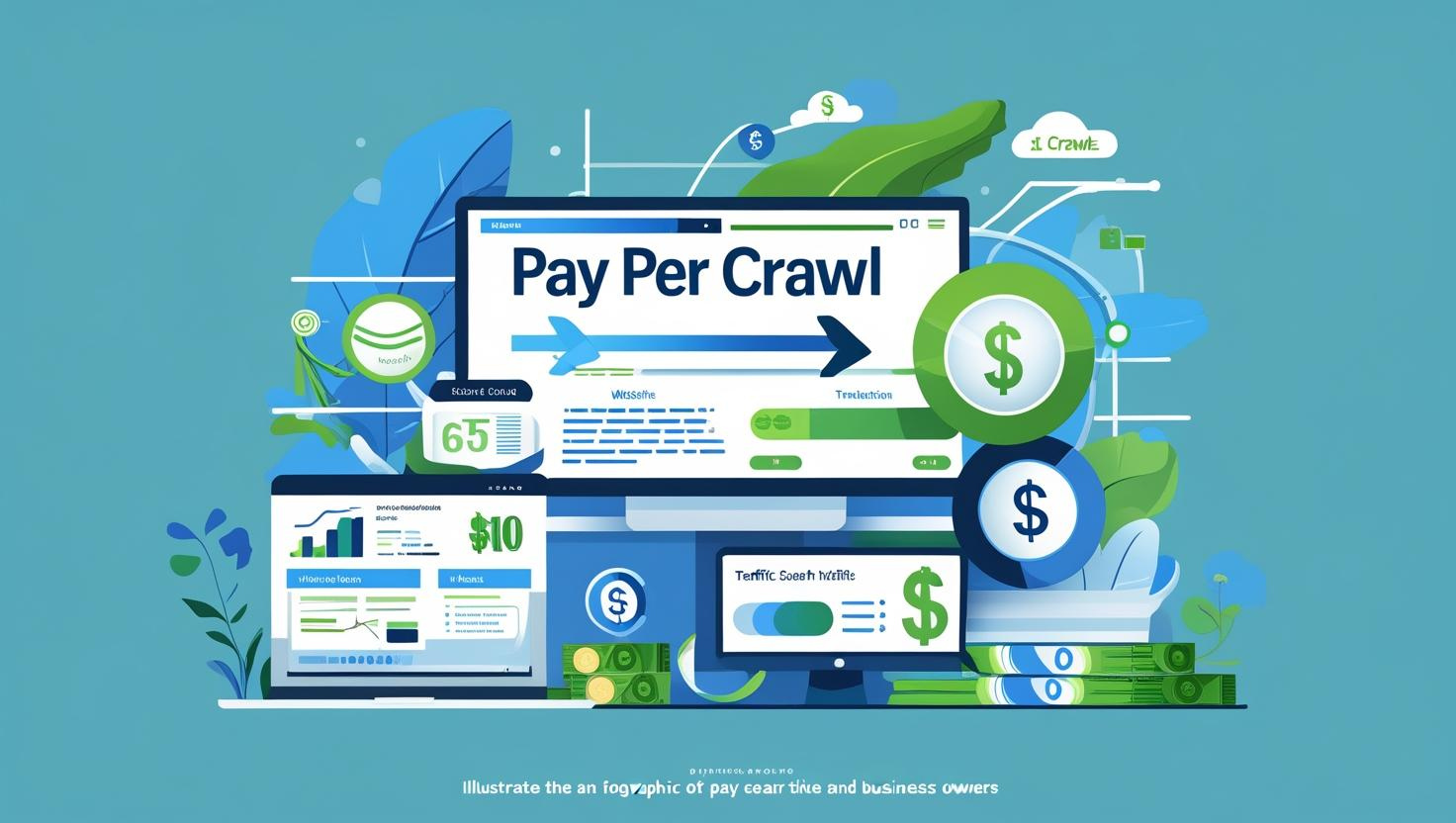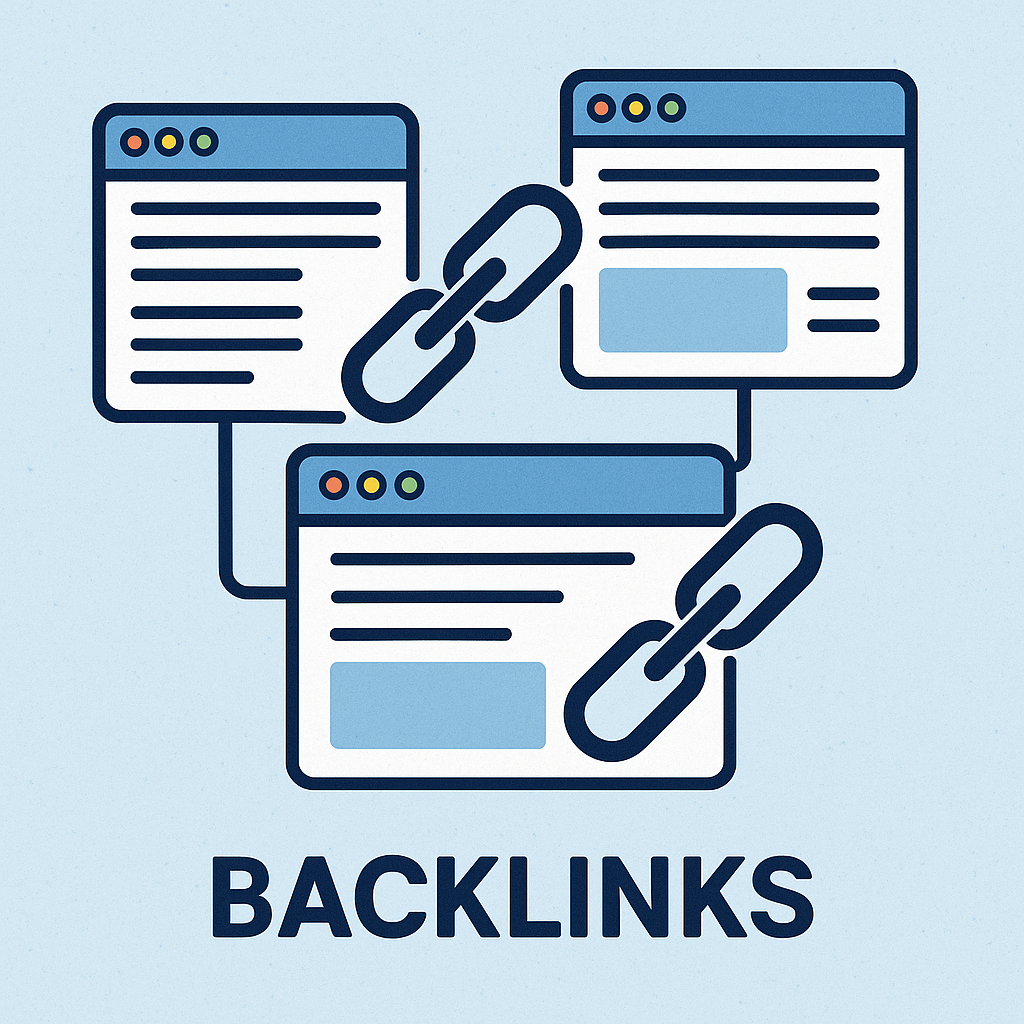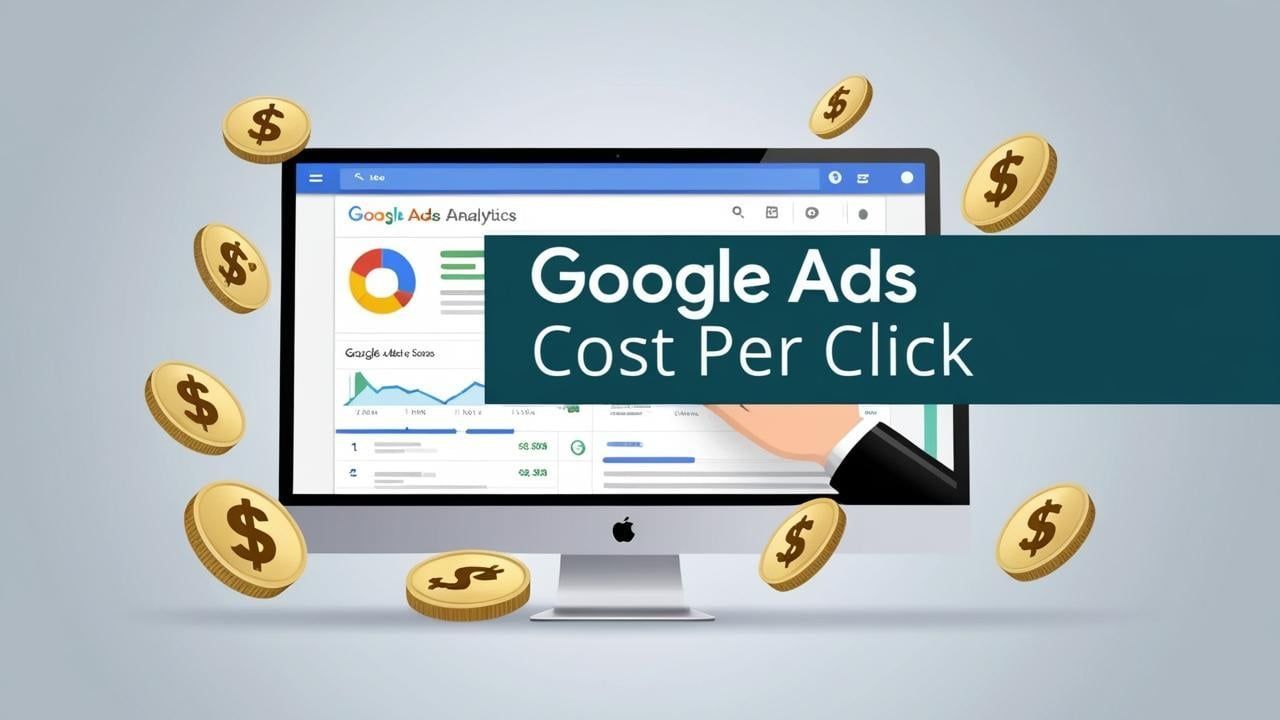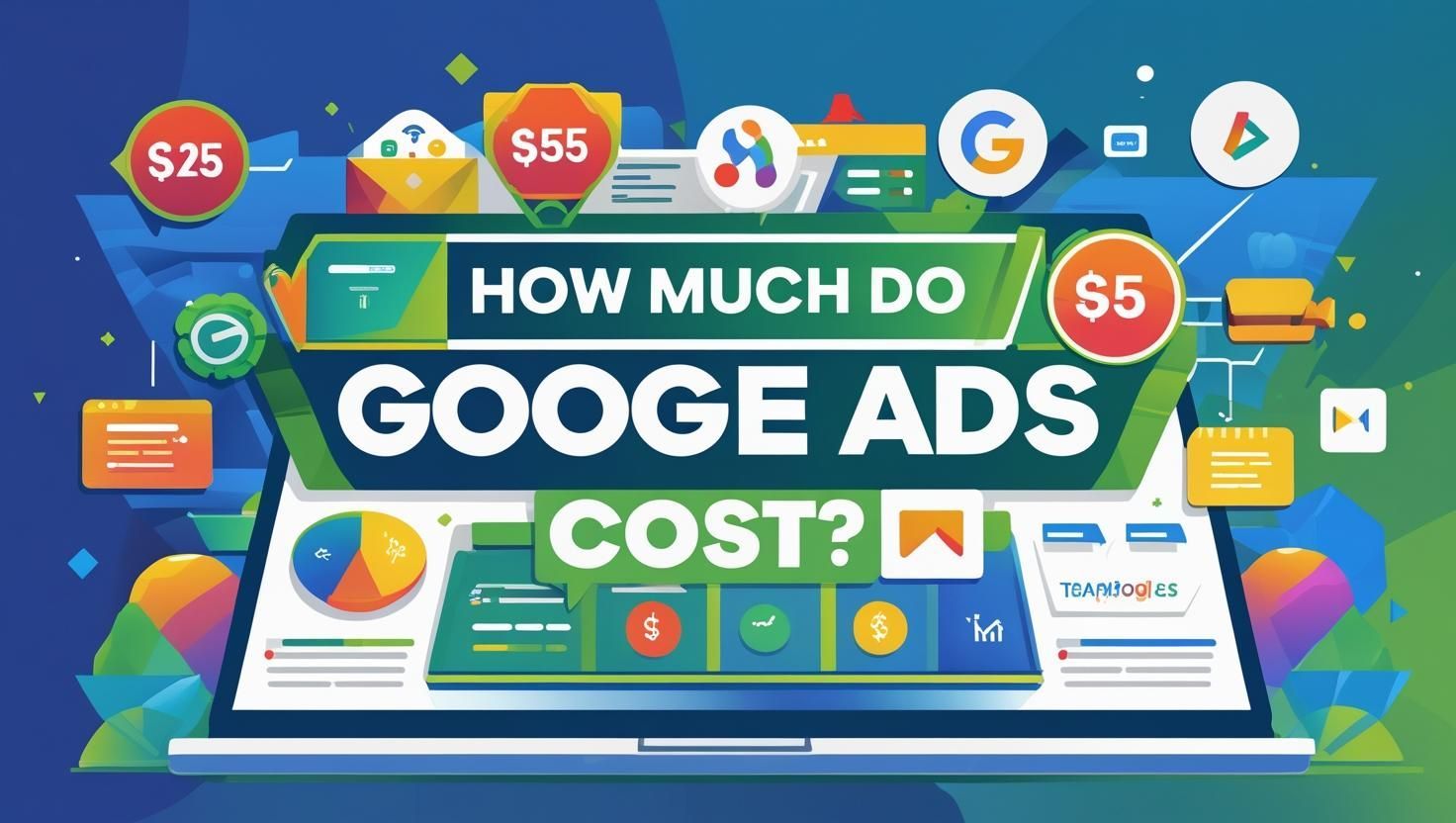Mastering SEO: A Comprehensive Guide for Your SEO Agency in Dublin
Introduction
In today's digital world, mastering Search Engine Optimization (SEO) is crucial for any marketing company, especially in a competitive market like Dublin. As an SEO agency in Dublin, understanding every facet of SEO can distinguish you from the competition and drive your clients' success. This guide will delve into the core components of SEO, including backlinks, content optimization, and the use of tools like SEMrush and Ahrefs. We will also explore the impact of schema data, highlight influential SEO YouTubers, and provide a comprehensive checklist to enhance your SEO strategy.
Understanding SEO: The Basics
SEO, or Search Engine Optimization, is the practice of enhancing a website to increase its visibility for relevant searches. The better visibility your pages have in search results, the more likely you are to garner attention and attract prospective and existing customers to your business.
On-Page SEO
On-page SEO refers to the practice of optimizing individual web pages to rank higher and earn more relevant traffic from search engines. It encompasses both the content and HTML source code of a page that can be optimized. Key elements include:
- Keyword Optimization: Implementing relevant keywords naturally in your content is crucial. It's about finding the perfect balance between keyword density and readability. Using tools like Google's Keyword Planner can help identify high-volume, low-competition keywords that can drive traffic to your site. Moreover, understanding user intent behind these keywords can significantly enhance the relevance of your content. For instance, distinguishing between informational and transactional keywords can tailor the content strategy to better meet user expectations.
- Meta Tags: Crafting compelling meta titles and descriptions is essential for capturing the interest of potential visitors. These elements act like a billboard for your content in search engine results. A well-written meta description can significantly increase your click-through rate (CTR). Additionally, periodically updating meta tags to reflect current content themes and seasonal promotions can further optimize your click-through potential.
- Headers: Using H1, H2, and H3 tags to structure content not only aids user experience but also helps search engines understand the hierarchy and importance of the content on your page. Properly structured headers can improve the accessibility and readability of your site, which is a crucial factor for SEO. Beyond structure, headers should incorporate primary and secondary keywords naturally, as they guide both user reading and search engine indexing.
Off-Page SEO
Off-page SEO refers to actions taken outside of your own website to impact your rankings within search engine results pages (SERPs). This is mainly driven by backlinks:
- Backlinks: Links from other sites pointing to your website are pivotal. They are seen as endorsements, signaling to search engines that your content is credible and authoritative. Building a network of high-quality backlinks can improve your site's domain authority, making it more likely to rank higher in search results. Focus on acquiring backlinks from diverse sources, such as industry-related blogs, news sites, and reputable directories, to create a well-rounded backlink profile.
- Social Media Marketing: Leveraging social platforms for brand visibility is an indirect way of improving SEO. While social media signals themselves might not directly impact SEO, they can increase content reach, leading to more link shares and potential backlinks. Engaging with your audience through interactive content, such as polls and stories, can also drive traffic back to your website, indirectly boosting your SEO efforts.
- Guest Blogging: Writing articles for other websites to build backlinks not only helps in gaining authority but also allows for reaching a wider audience. Guest blogging on reputable sites in your niche can significantly enhance brand visibility and authority. When crafting guest posts, focus on providing unique insights or data-driven content that adds value to the host site's audience, increasing the likelihood of social shares and further backlinks.
The Power of Backlinks
Backlinks are a critical factor in Google's ranking algorithm. They act as votes of confidence from one site to another. Here’s why they matter:
- Authority Building: Backlinks from authoritative sites strengthen your domain's credibility. The more high-quality websites that link to your pages, the more trustworthy your site appears to search engines. A strategic approach to building backlinks involves reaching out to industry influencers and experts to collaborate on content, which can often lead to backlinks from their authoritative platforms.
- Referral Traffic: Quality backlinks can drive significant referral traffic to your site. When a well-known site links to your content, their audience is more likely to click through to your site, increasing your traffic and potential conversions. Maximizing referral traffic involves not only acquiring backlinks but also ensuring the linked content is engaging and leads users to explore further.
- Faster Indexing: Search engines can discover new content faster if it has backlinks. When a new page is linked from an authoritative site, search engine bots are more likely to find and index it quickly. To capitalize on this, ensure that new content is linked internally from established pages and externally from social media and partner sites.
Key Statistics
- According to a study by Backlinko, the number one result in Google has an average of 3.8 times more backlinks than positions two through ten. This emphasizes the importance of a robust backlink strategy for achieving top search rankings.
- HubSpot notes that companies with a blog generate 97% more inbound links. This underscores the value of consistent, quality content creation as a means to attract backlinks naturally. Regularly updating your blog with relevant insights and industry trends can lead to natural backlinks as other sites reference your content.
Crafting SEO-Optimized Content
Creating content that is both engaging and optimized for search engines is an art. Here are some strategies to craft SEO-friendly content:
- Keyword Research: Use tools like Google Keyword Planner to identify valuable keywords. This involves understanding the search intent behind keywords and tailoring content to meet the needs of users seeking information on those topics. Additionally, integrating keywords into content naturally and strategically can enhance readability and SEO performance.
- Content Structure: Divide content using headings, subheadings, and bullet points for readability. This not only helps users to skim and find information quickly but also aids search engines in understanding the content's structure and relevance. A well-structured article can lead to featured snippets, which are highly coveted in search results.
- Quality Over Quantity: Focus on creating informative, high-quality content rather than saturating with keywords. Search engines prioritize content that provides genuine value to users over keyword-stuffed pages. This includes using multimedia elements like images and videos to enrich the content experience and increase user engagement.
Utilizing Tools: SEMrush and Ahrefs
SEMrush and Ahrefs are two of the most powerful tools for SEO agencies.
- SEMrush: Offers a comprehensive suite of tools for keyword research, site audits, and competitor analysis. It provides insights into traffic analytics, advertising research, and social media monitoring, helping agencies create data-driven strategies. SEMrush's Content Analyzer can also assist in assessing the SEO potential of your content, ensuring it aligns with best practices.
- Ahrefs: Known for its robust backlink analysis capabilities and keyword explorer features. Ahrefs can help identify content gaps, track keyword rankings, and offer insights into the organic traffic potential for your target keywords. Additionally, Ahrefs' Content Explorer allows you to discover high-performing content in your niche, serving as inspiration for your own content strategy.
How These Tools Benefit Your Agency
- Competitor Insights: Discover what keywords your competitors are ranking for and their backlink sources. This information can inform your strategy, allowing you to target similar keywords and backlinks. By keeping an eye on competitor strategies, your agency can adapt and innovate, staying ahead in the competitive SEO landscape.
- Comprehensive Audits: Analyze your website’s health and identify areas for improvement. Regular audits can uncover technical SEO issues, such as broken links or missing meta tags, which can be addressed to improve site performance. SEMrush’s Site Audit feature can provide a detailed overview of your site's health, offering actionable insights to enhance SEO strategy.
The Role of Schema Data
Schema data, also known as structured data, helps search engines understand the content of your pages better. By implementing schema markup, you can enhance your search results with rich snippets, which can improve your click-through rates (CTR).
Benefits of Schema Markup
- Enhanced Visibility: Rich snippets can make your listings more attractive. They provide additional information, such as reviews, ratings, and product availability, directly in search results. This additional information can draw users' attention, setting your content apart from standard search results.
- Improved CTR: Schema markup can lead to higher click-through rates by providing more information upfront. This can increase the likelihood of users clicking on your listing over others. To maximize the benefits of schema markup, ensure it is correctly implemented and validated using tools like Google’s Structured Data Testing Tool.
Popular SEO YouTubers to Follow
Staying updated with the latest trends and techniques in SEO is crucial. Here are some popular SEO YouTubers to follow:
- Brian Dean (Backlinko): Known for his advanced SEO strategies and case studies. Brian Dean offers practical advice on link building and on-page optimization techniques. His channel often features in-depth tutorials that are beneficial for both beginners and seasoned SEO professionals.
- Neil Patel: Offers practical tips and insights into SEO and digital marketing. Neil's videos cover a broad range of topics from content marketing to social media strategies, making them great resources for marketers. His approachable style makes complex SEO concepts easy to understand and implement.
- Ahrefs TV: Provides tutorials and insights into using Ahrefs for SEO. Their content ranges from beginner guides to advanced strategies, focusing on data-driven approaches to SEO. Ahrefs TV regularly features case studies and expert interviews, offering a comprehensive look into successful SEO practices.
SEO Checklist for Your Agency
Here’s a checklist to ensure your SEO strategy covers all essential bases:
- Keyword Research
- Identify primary and secondary keywords.
- Understand search intent and prioritize long-tail keywords.
- Regularly update your keyword list based on performance and trends.
- On-Page SEO
- Optimize meta tags and use header tags effectively.
- Ensure mobile-friendliness and fast loading speeds.
- Implement image alt texts and descriptive URLs.
- Conduct regular content reviews to ensure keyword relevance.
- Content Optimization
- Create high-quality, engaging content.
- Use internal linking to guide visitors.
- Update old content to maintain relevance and accuracy.
- Incorporate multimedia to increase engagement and dwell time.
- Off-Page SEO
- Build high-quality backlinks.
- Engage in guest blogging and influencer collaborations.
- Monitor brand mentions and leverage them for link opportunities.
- Actively engage in online communities to build brand awareness.
- Technical SEO
- Implement schema markup.
- Conduct regular site audits.
- Ensure a secure, HTTPS-enabled site.
- Optimize for voice search and local SEO to capture emerging market opportunities.
FAQs
What is the importance of backlinks in SEO?
Backlinks are crucial as they serve as endorsements from other websites, signaling to search engines that your content is valuable and trustworthy. They are a key component of off-page SEO and can significantly impact your site's ranking in search results. Diversifying your backlink sources and focusing on quality over quantity can enhance your site's credibility and authority.
How can SEMrush help improve my SEO strategy?
SEMrush offers tools for keyword research, competitor analysis, and site audits, providing comprehensive insights to refine your SEO approach. It can help identify opportunities for growth and track the performance of your SEO efforts over time. Additionally, SEMrush's social media and advertising research tools can integrate SEO strategies with broader marketing efforts for cohesive brand promotion.
What is schema data, and why is it important?
Schema data helps search engines better understand your site's content, leading to enhanced listings with rich snippets, which can improve CTR and visibility. Implementing schema markup can make your search results more informative and appealing to users. Properly structured schema can also enhance your site's voice search compatibility, capturing a growing segment of search traffic.
Conclusion
Mastering SEO is an ongoing journey that requires staying updated with the latest trends and leveraging the best tools available. As an SEO agency in Dublin, understanding the intricacies of backlinks, content optimization, and using tools like SEMrush and Ahrefs can significantly enhance your services. By following the strategies and resources outlined in this guide, you can elevate your clients' online presence and ensure sustained growth in the competitive digital landscape. Embrace the evolving nature of SEO and ensure that your agency remains at the forefront by continuously refining your strategies and tactics. With diligent effort, a keen eye on industry developments, and a commitment to quality, your agency can lead the charge in digital marketing success.


